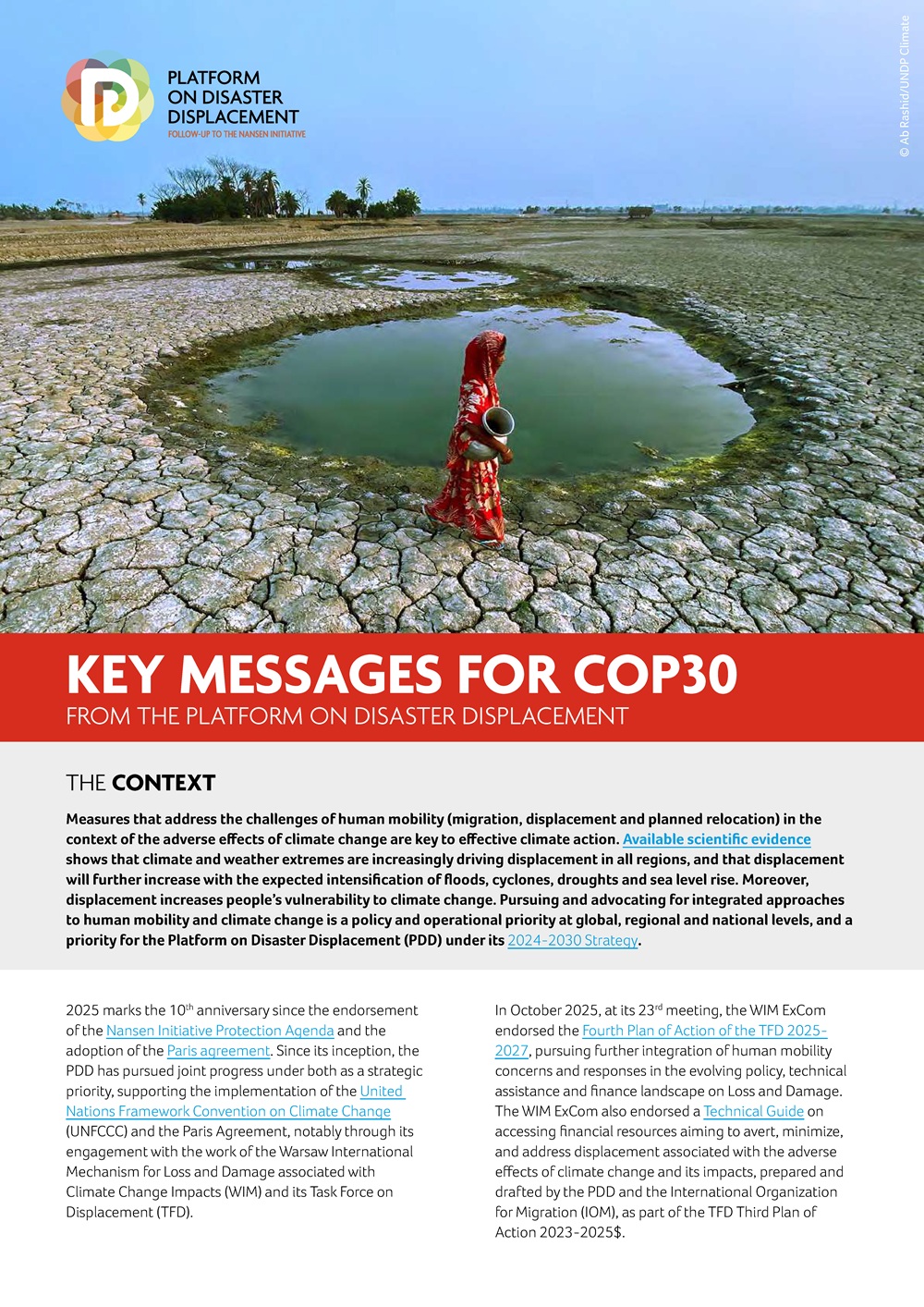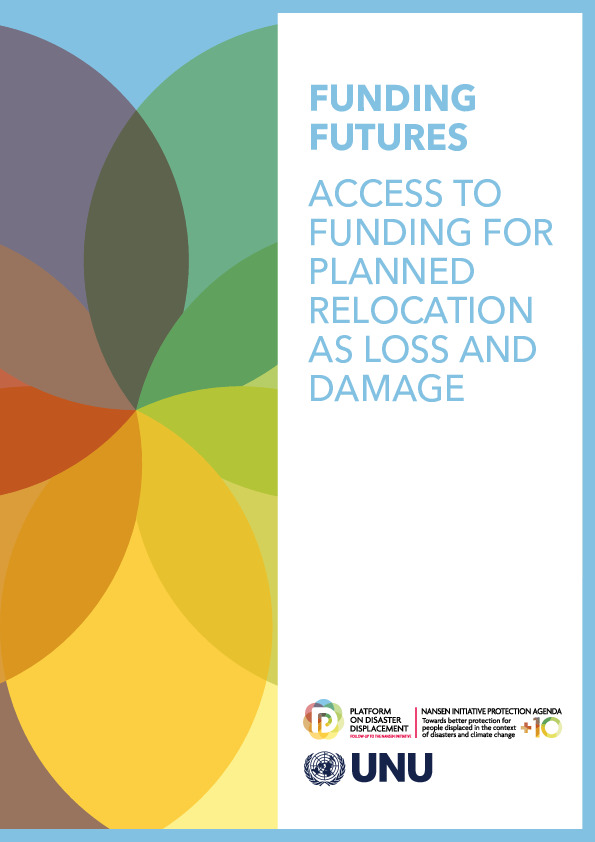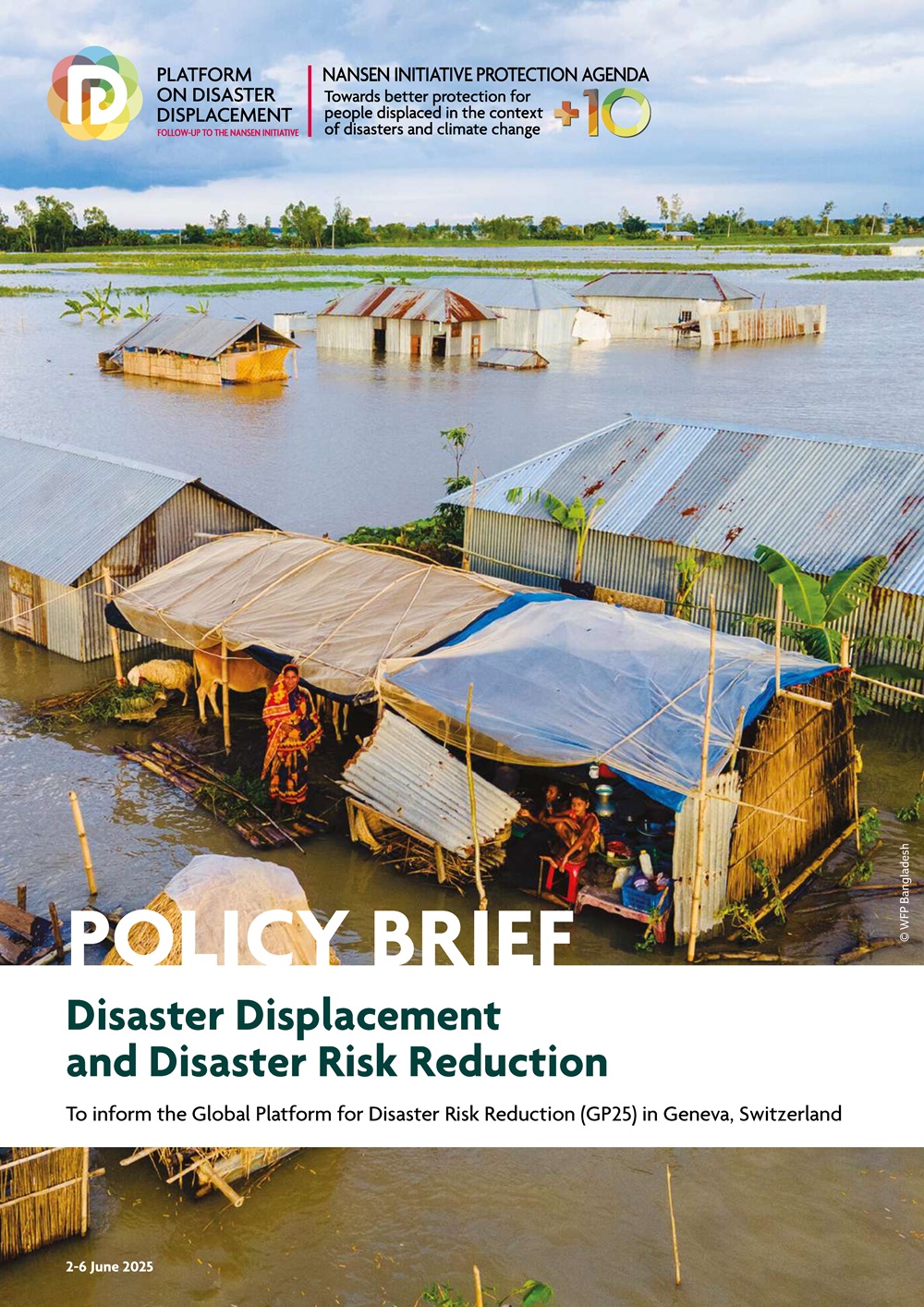Report – Consultation towards a Framework for Regional Cooperation on Human Mobility in the Context of Disasters and the Adverse Effects of Climate Change in the Caribbean
The Caribbean is comprised of countries and territories, many of which are Small Island Developing States (SIDS) and are vulnerable to a variety of natural hazards: hurricanes, floods, volcanic and seismic activity, droughts and bush fires. Many of these countries and territories have large percentages of their population centers and economic activities in lowlying coastal areas, facing specific risks linked to the adverse effects of climate change. In the Caribbean, like elsewhere, the adverse effects of climate change are projected to affect the frequency and intensity of certain natural hazards and extreme weather events such as hurricanes and heavy rainfalls. Rising global temperatures are also likely to increase drought risk and water scarcity in the Caribbean, according to the latest report issued by the Intergovernmental Panel on Climate Change.
In the Caribbean, a complex and multi-causal relationship exists between these hazards and political, demographic, environmental and social factors and human mobility, both internally and across borders. For example, sudden-onset disasters linked to natural hazards, particularly frequent and intense storms (and the earthquake in Haiti) have resulted in over six-and-a-half million reported incidents of displacement (mostly internal) over the past ten years (2008-2017), the majority in Cuba and Haiti. More recently and in the aftermath of the 2017 hurricanes Irma and Maria, many Caribbean countries and territories both experienced both internal displacement and received displaced persons from nearby countries.
To enhance regional cooperation in addressing human mobility in contexts of disasters and climate change, the International Organization for Migration (IOM) and the Platform on Disaster Displacement (PDD) organized a two consultation in Port of Spain, Trinidad and Tobago, on 6-7 June 2019. Participants included a range of practitioners from the migration, foreign affairs, climate and environment and disaster risk reduction fields from Antigua and Barbuda, Aruba, Barbados, Belize, British Virgin Islands, Cuba, Curaçao, Dominican Republic, Grenada, Guyana, Jamaica, Saint Kitts and Nevis, Saint Lucia, Saint Vincent and the Grenadines, Sint Maarten, Suriname, Trinidad and Tobago, and Turks and Caicos Islands, along with the embassies of the United States, Switzerland, and the Kingdom of the Netherlands, international and regional organizations such as CARICOM IMPACS, the Caribbean Community Climate Change Centre, CDEMA, OECS, UNHCR, ECLAC, PDD, the German Development Cooperation, academic institutions and other key actors (see list of participants in annex).
The overall objectives of the consultation were to:
1. Deepen knowledge and understanding of displacement trends and overall human mobility dynamics in the region in the context of disasters and the adverse effects of climate change among regional and national stakeholders from various departments, including migration officers, disaster risk reduction and environment experts and consular affairs staff;
2. Identify policy, normative and operational challenges and gaps related to disasters and displacement in the Caribbean;
3. Develop concrete, practical policy and programmatic guidance to enhance the region’s overall preparedness and response capacity to these challenges under the work of the Caribbean Migration Consultations (CMC).




